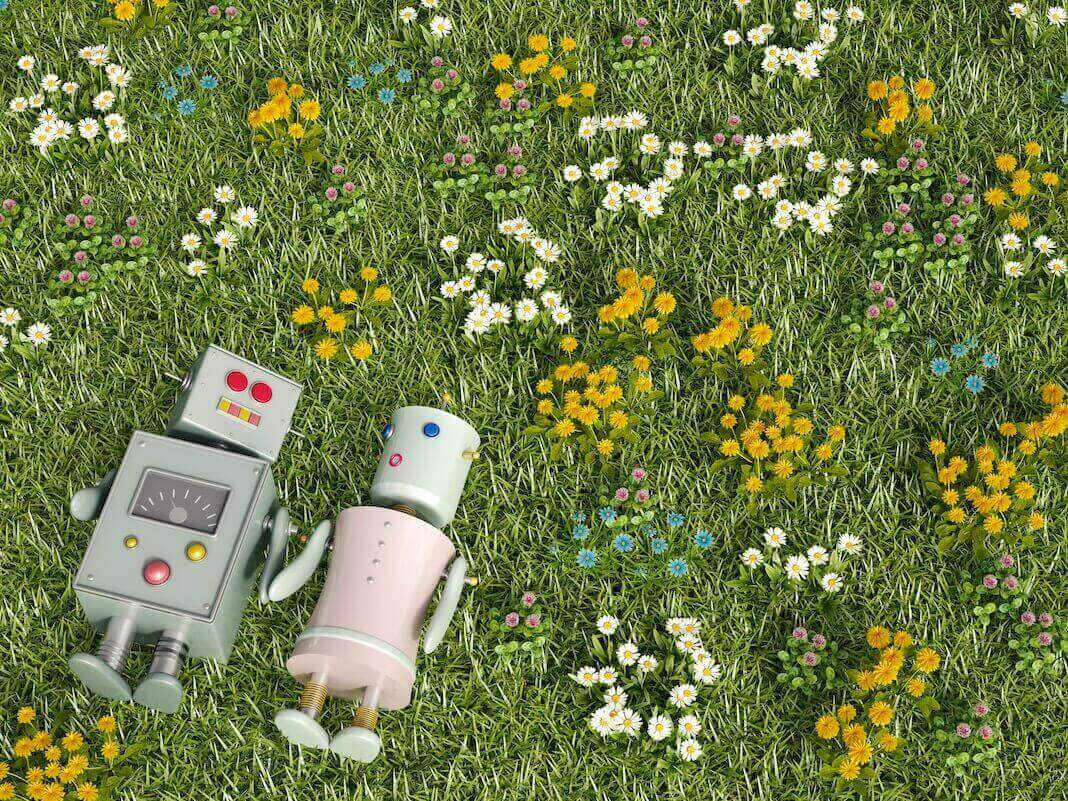Can AI Help To Win The Lottery?
By now there is barely a human on Earth who hasn’t heard about the rapid developments in the world of AI. It has left many wondering about the benefits and possible drawbacks of such a revolutionary technology. It has also left many of us imagining a world where a supercomputer predicts the next winning lottery numbers, making us millionaires overnight!
Sounds like a scene from a sci-fi movie, right? Yet, in our rapidly evolving digital age, where Artificial Intelligence (AI) is revolutionising industries from healthcare to finance, it begs the question: Can AI help you win the lottery? This intriguing possibility merges the allure of instant wealth with the cutting-edge sophistication of AI.
Table of Contents
The Game of Chance
The lottery, by design, is a game of chance. Whether it's Powerball, Mega Millions, or local lotto games, the principle remains the same: players select numbers hoping that they match the randomly drawn ones. The odds, however, are astronomically low. For instance, the chance of winning the Powerball jackpot is about 1 in 292.2 million. These lotteries operate on the premise of randomness, making predicting the winning numbers a colossal challenge.
The Capabilities of AI
Artificial Intelligence, in its essence, is about pattern recognition and making predictions based on data. AI systems, through machine learning and deep learning, analyse vast datasets to identify trends and make forecasts. In finance, AI predicts market trends; in meteorology, it forecasts the weather. But can these predictive capabilities extend to the realm of the random lottery and make us all rich beyond our wildest dreams?
Analysing the Possibility
When considering the possibility of AI predicting lottery numbers, it's crucial to understand the nature of randomness. Lotteries are designed to be random and unpredictable. Each draw is independent, meaning the outcome of one draw has no influence on the next. This randomness is a significant hurdle for AI, which thrives on identifying patterns and correlations in data.
However, the idea isn't entirely far-fetched. AI could theoretically analyse historical lottery data, looking for any anomalies or biases in the system. For example, if a lottery machine shows a slight but consistent preference for certain numbers due to a mechanical flaw, AI might be able to exploit this. Yet, such scenarios are more an exception than the rule. Modern lottery systems are rigorously tested and monitored to ensure complete randomness and fairness.
Has AI Ever Won The Lottery?
To date, there are few, if any, documented cases of AI successfully predicting lottery numbers. Most attempts fall into the realm of academic exercises or theoretical exploration. In one hypothetical scenario, researchers trained a machine learning model with years of lottery data. While the model identified some interesting patterns, its predictions were no more accurate than random guesses. This outcome reinforces the inherent unpredictability of lottery draws.
Ethical and Legal Considerations
The use of AI in lottery prediction also brings up ethical and legal questions. Lotteries are a form of gambling, and the prospect of using advanced technology to gain an unfair advantage raises concerns. Most lottery regulations strictly prohibit any form of cheating or manipulation, including the use of predictive software or AI. There's also the ethical aspect of responsible gambling, where the use of AI could potentially exacerbate problem gambling behaviours.
Can AI Help To Win The Lottery?
So, can AI help you win the lottery? The consensus, based on current technology and understanding of randomness, seems to lean towards no. AI's prowess in pattern recognition and prediction finds little room to operate in the deliberately unpredictable world of the lottery. While it's a fascinating concept, the reality is that lottery draws are designed to be as close to truly random as possible, leaving little space for AI to make accurate predictions.
The intersection of AI and lottery remains a compelling topic that touches on technology, ethics, and the nature of randomness. Do you think AI will ever crack the lottery code? Is it a pursuit worth exploring, or should the sanctity of chance remain untouched?

